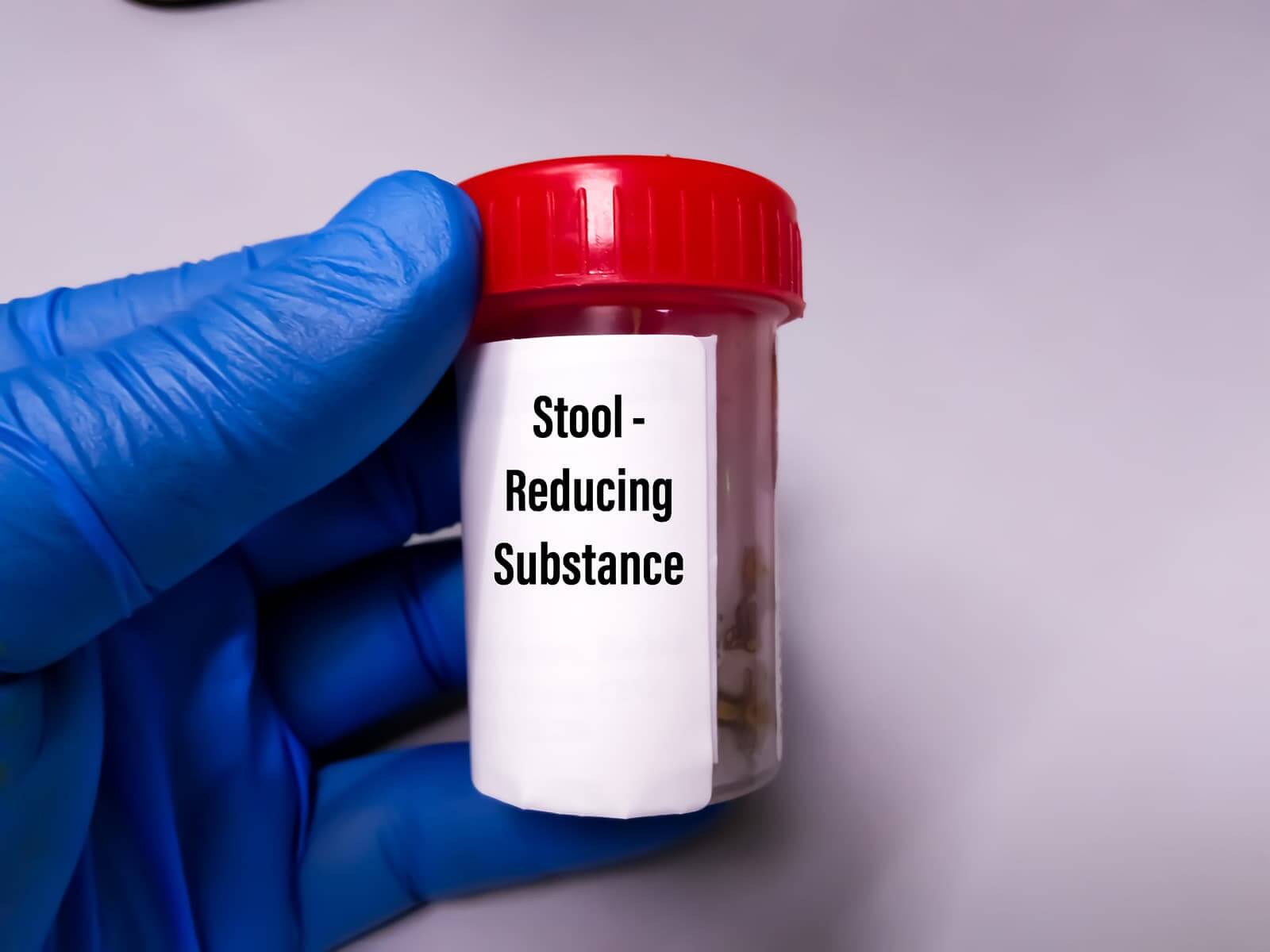
Abnormalities in feces refer to any strange changes that affect your stool (i.e. unusual colors, consistency, or any other contents) that can be a result of some other underlying problem with your digestive system or the entire system. These include oily or pale feces to the identification of the invisible blood or excess fat when no other special diagnosis is present.
You can observe one or a combination of the following dangerous symptoms in your bowel discharges:
Various things may affect the normal stool formation and cause fecal abnormal:
We are GastroDoxs in Cypress bringing the diagnostics and our own personalized compassionate care to the fecal abnormalities directly. Starting with customized stool tests and special diets to least invasive operations, our professional staff will lead you through the entire process to the long-term result of healthy gut. Make fecal changes not rule your life-book your appointment today and find the answers and relief you need.
We've successfully treated more than 1.4K patients, helping individuals improve their digestive health and overall well-being through expert, personalized care.
With over 20 years of experience, GastroDoxs has been a trusted provider of gastroenterology care, focusing on delivering the best outcomes for patients
A positive stool test coupled with the low level of B12 can be considered as a result of bleeding in the gastrointestinal tract or a disorder of nutrient absorption. Additional examination assists in locating the precise cause.
Loose or watery stool is referred to in the medical terms as diarrhea.
Frequent fecal discharge is an expression describing chronically diarrhea, which is normally described as three or more loose feces per day over prolonged period.
A positive abnormal fecal globin test tends to indicate that there is blood in the stool and this may or may not be caused by ulcers, polyps, tumors and others.
Yes. Colonoscopy provides the possibility to directly observe the inner layer of the colon, as well as determine inflammation, polyps, tumor, ulcer, and other factors of abnormal stool.
A CT test will also give more specific detailed cross segmentation of the abdominal region and will help identify the presence of blockages, swelling of organs, abscesses, or other structural problems that may cause the abnormalities in fecal appearance.
Yes. The presence of abnormal or cancerous cells, the symptoms of infection, inflammation, or bleeding in the gastrointestinal tract can be identified by special stool tests.
This other abnormality of the feccas corresponds to the ICD-10 code R19.7.
Fecal globin detected abnormal results in the presence of blood in the stool. Further tests are required to establish the origin and cause of bleeding.
GastroDoxs in Cypress call in case of fecal abnormalities. Our gastroenterologists provide high quality consultancy, sophisticated testing and individualized care plans to help solve your problem.